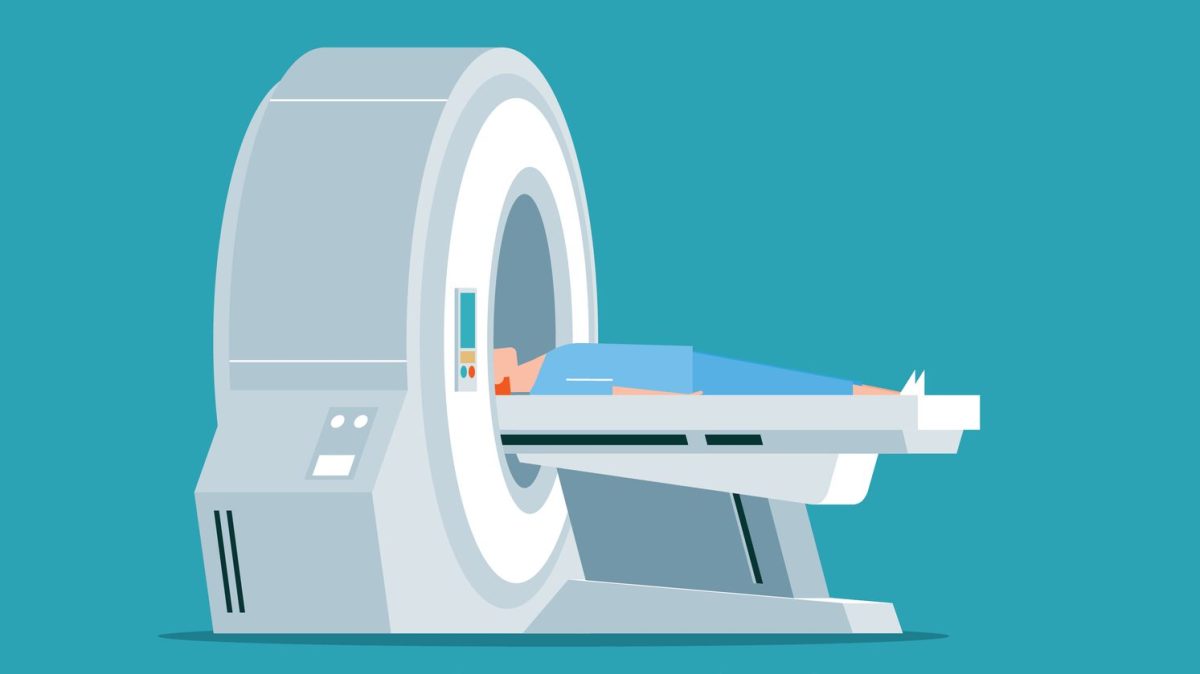L
everaging resources such as virtual data rooms and shared labs makes it easier for biotech startups to grow. This is good news: We need more companies attacking cancer from novel angles, including AI-enabled early detection. And who knows, maybe one of these will become a trillion-dollar company? —
Anna
Scaling early cancer detection
Y Combinator’s newest
request for startups
(RFS) is well worth reading, as it provides insights into new categories and ideas.
One of the requests that captured my attention calls for “
a way to end cancer
.” This technology, if widely accessible and affordable, could dramatically reduce cancer deaths by detecting the condition early enough for effective treatment.
Despite the existence of MRI startups, there is still room for improvement in terms of cost and scale. The industry faces challenges around price points and incidental findings (or false positives) that cost time and money to investigate, not to mention the uncertainty around the benefits of these scans. Startups have the opportunity to innovate in MRI hardware, AI algorithms, and business models to make early cancer detection more accessible and effective.
Co-working for biotech
Shared lab spaces have been a game-changer for biotech startups, providing more than just office space, but also saving time and resources.
BioLabs, a shared facility, has enabled startups to cost-effectively develop biotech products without the need for heavy initial investments in expensive lab equipment. The collaborative environment fosters a thriving culture of innovation where startups can learn from each other and easily collaborate. BioLabs’ model is being replicated in multiple locations worldwide, proving to be a highly successful and beneficial concept for biotech startups.
Virtual data rooms
Virtual data rooms are an important and unsung resource for biotech startups. They play crucial roles in financing and business development talks, and a16z has published a guide on what biotech teams should and shouldn’t put in their data rooms.


